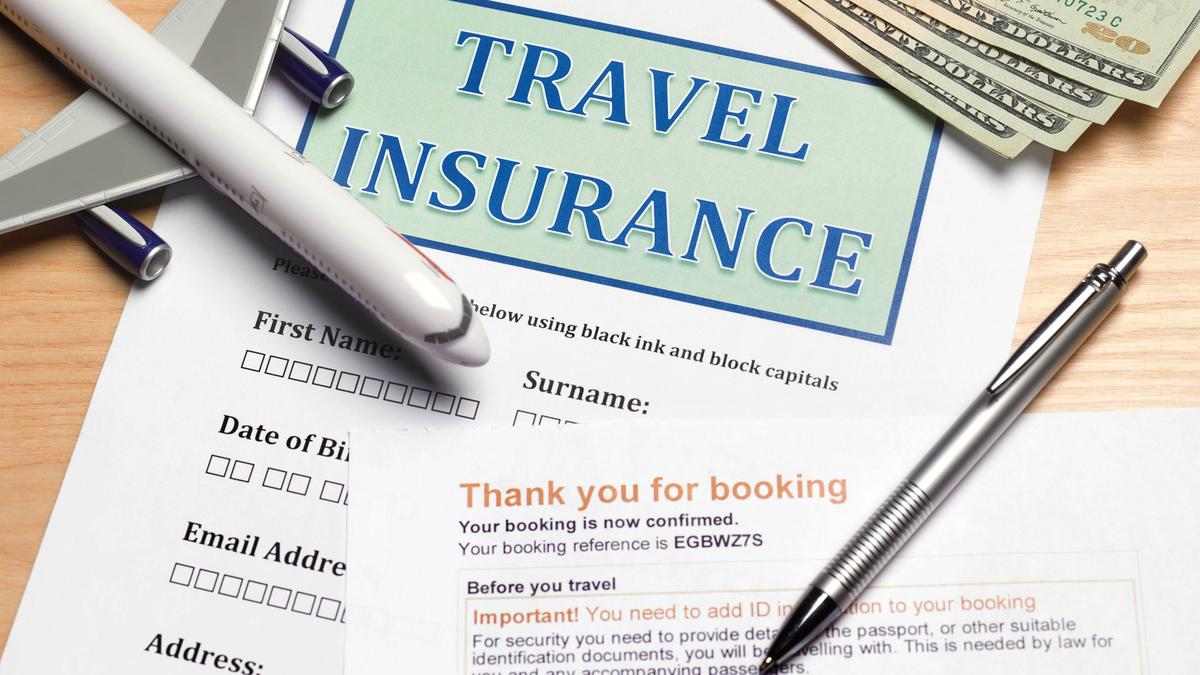Copyright birminghammail

British holidaymakers travelling to the Balearic Islands have been given a heads-up as non-EU visitors will encounter a phased rollout of the new Entry/Exit System (EES) in the coming weeks, beginning on one island from tomorrow. The fresh EES commenced operations on October 12, with nations throughout the EU now progressively implementing the system at their external frontiers. Complete rollout is anticipated by April 10, 2026. It now emerges that Spain's Balearic Islands are next in line, as the British Ambassador to Spain, Sir Alex Ellis, has disclosed the new system will commence in Menorca on November 4, followed by Majorca on November 19. No date has been confirmed for Ibiza as yet, reports the Express . The new entry-exit scheme is presently being tested in Madrid, but only for a restricted number of travellers. It is also being introduced gradually across all the other Spanish airports, as well as in nations including France, Germany, Greece, Italy and Portugal. The only countries in the EU where the EES regulations will not ultimately apply are the Republic of Ireland and Cyprus. The ambassador advised Brits: "Have a good time. Allow for a little bit more time at border control because the first time you come you will have to register two bits of biometric information, fingerprints and a retina scan. But once you are registered on the system then it should be relatively simpler; that first time may take a little longer." The UK Government has stated: "If you are travelling to a country in the Schengen area (including Spain) for a short stay using a UK passport, you will be required to register your biometric details, such as fingerprints and a photo, when you arrive. You do not need to take any action before you arrive at the border and there is no cost for EES registration. "After it is fully implemented, EES registration will replace the current system of manually stamping passports when visitors arrive in the EU." It notes that the EES may require each traveller a few additional minutes to complete, so holidaymakers should expect to queue longer than normal at the border once the system is operational at their destination. "If you frequently travel to the Schengen area for work and/or leisure purposes, you must ensure that your total stay in the Schengen area is no more than 90 days in every 180 days. You must be aware of the penalty and enforcement approach for exceeding the immigration limit in any individual Member State you plan to travel to or through." The digital EES record for a tourist is valid for three years, it has been confirmed. If you're planning to visit the Schengen Area again within this period, you'll only need to provide a fingerprint or photo at the border when entering and exiting.



